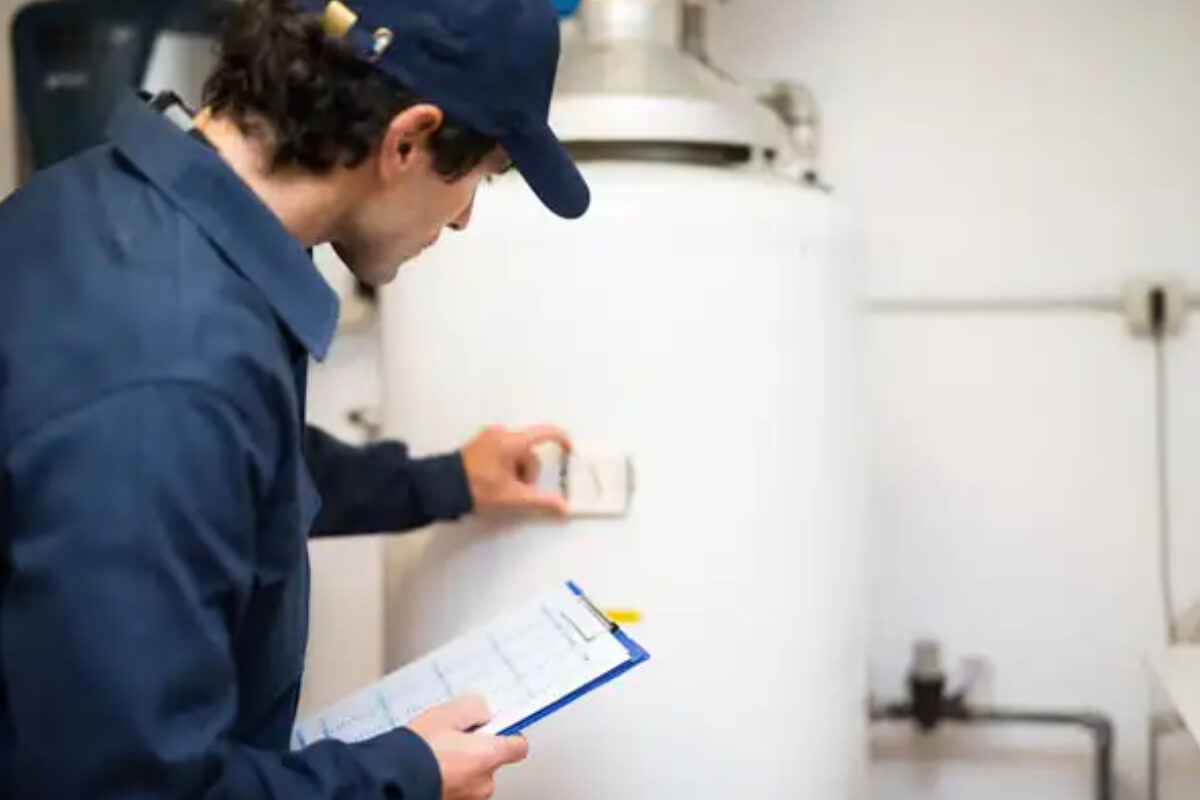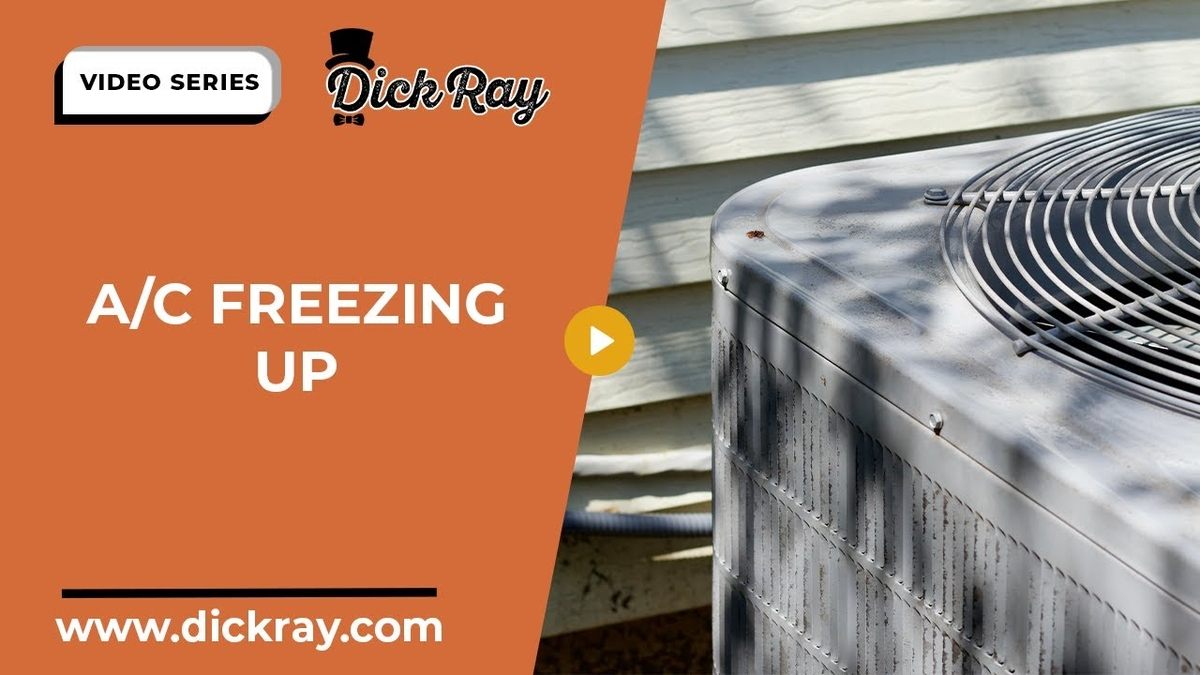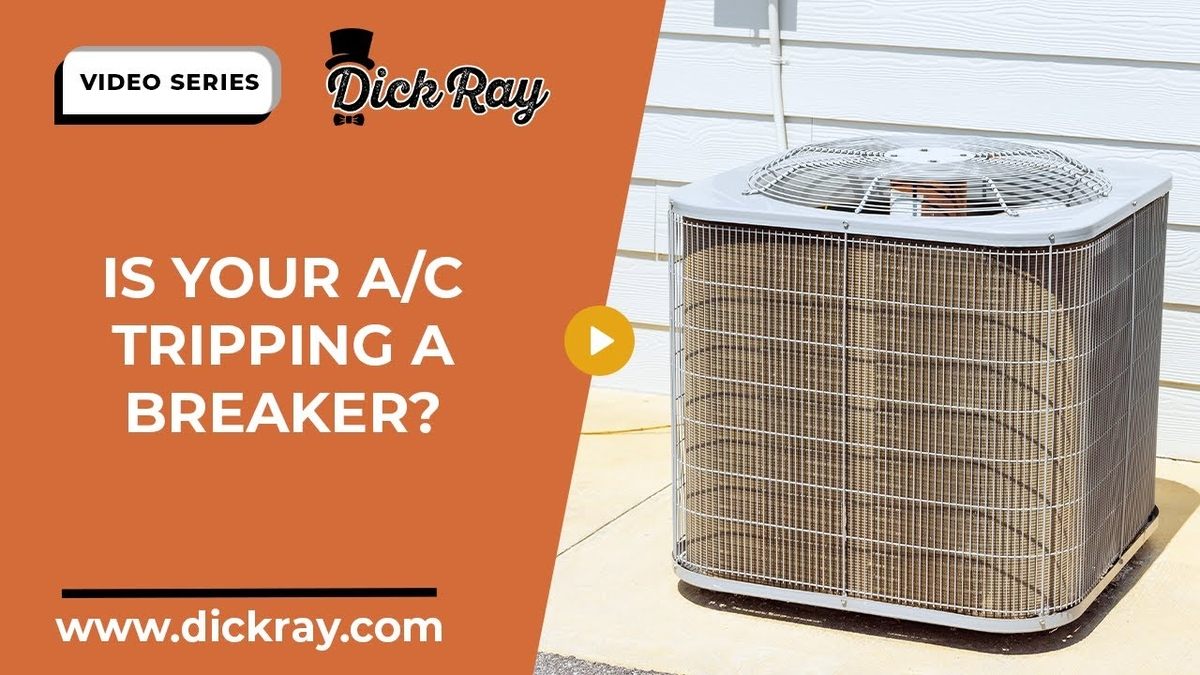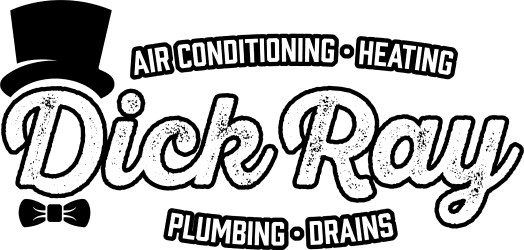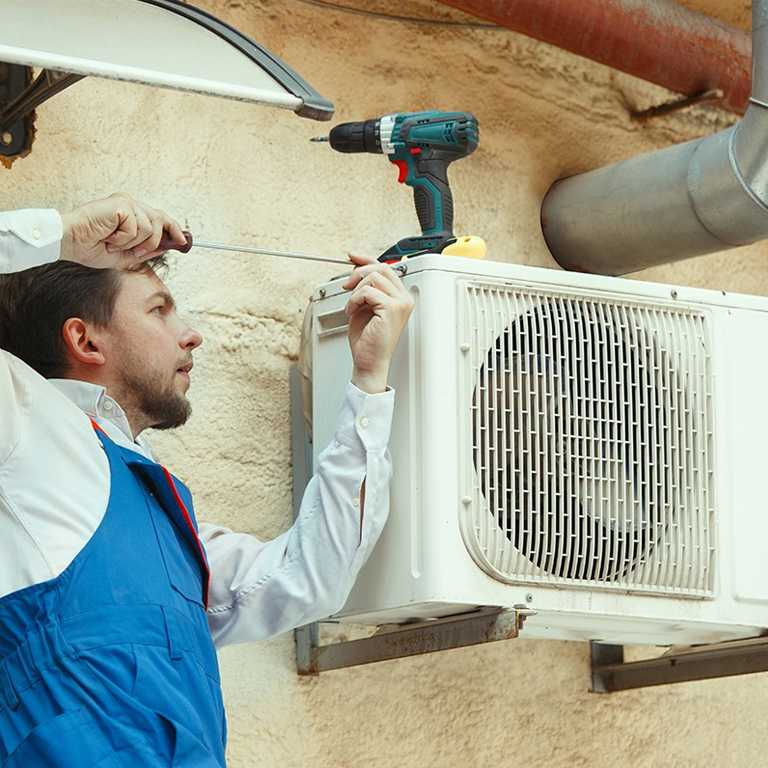Water heaters offer nearly instant hot water for baths, showers and household chores — a luxury that contributes 20% of your home’s energy use. A well-maintained water heater will continue to serve your home and help save money and energy in the long run. However, these appliances occasionally experience problems that can stem from many causes.
We’ve compiled a list of typical water heater issues for electric and gas units to help you troubleshoot any problems you might experience, so you can get in touch with a professional as soon as possible.
Water Leaking: Leaks are a potentially severe problem for gas or electric units. If your water heater is leaking, you must determine the source. Detecting a leak from the bottom can be a challenge. A leak may also come from the top of the water heater and flow through the heater’s tank. Once you’ve identified the leak’s location, you can troubleshoot further.
Leaking Valve: Check if the water heater handle or valve is leaking. Tighten the screw that keeps the handle in place. If the leak worsens, the valve requires replacement.
Leaking joints: Loosely connected joints or a stripped threaded nipple can be the cause. Re-plumb the tank with threaded pipe or water-rated PVC.
PVC/CPVC joints: If the leak’s location is at the joining of the PVC or CPVC, tighten the threaded fitting with a pipe wrench or suitable tool.
Condensation: Condensation is a typical old water heater problem, but new units can also experience it due to damaged insulation or a too-high thermostat setting. Turn off the power and let the unit idle for a few hours. Then, lower the thermostat and turn the power back on. If the issue persists, replace the unit with better insulation.
Leaking T&P Valve: Investigate the temperature and pressure relief valve toward the bottom of the water heater. Double-check the thermostat setting to ensure it’s not too high. If the temperature is normal and the T&P valve continues to leak, it’s better to replace the valve.
Leaking Tank: Unmaintained water heaters might accumulate sediment in the tank that leads to early rusting or corrosion, resulting in pinhole leaks. This issue requires immediate attention from a professional technician.
No Hot Water: If your water heater isn’t working correctly, the reason may hinge on whether your device is gas or electric. Let’s investigate the probable causes.
No Power: A simple reason there’s no hot water is that your electrical water heater lacks power. Check out your breaker box and see if excessive electrical usage caused the circuit to trip. If this is the case, flip your water heater’s switch back on.
High-temp cutoff reset: If the water heater is still not working after the electricity is on again, consider resetting the high-temperature cutoff.
Faulty Heating Elements: Heating elements are frequently to blame for the lack of hot water. Check each heating element to ensure it’s functioning — if not, examine the electrical connections to ensure they’re receiving enough power and make any necessary repairs.
Faulty Thermocouple: If your gas heater is not producing hot water, you may have a defective thermocouple. When the pilot light does not stay lit, it’s usually a sign that the thermocouple needs replacement.
Faulty Gas Control Valve: If the thermocouple is not the source of the problem, the pilot light may not stay lit due to a defective gas control valve.
Faulty pilot light: A blocked pilot light aperture or tube can cause a pilot light not to ignite or stay lit. If cleaning the pilot light does not resolve the problem, it needs replacement.
Faulty ignitor: Check the ignitor if the pilot light remains unlit. This process is simple, since most systems allow for manual override and ignition. The ignitor may need replacement if it doesn’t light on its own.
Exceeded Capacity: If your water heater is not making enough hot water for your needs, it’s typically because the heater’s too small and you’ve exceeded its supply capacity. You can either limit your hot water use or install a larger water heater.
Colder seasons: Are you experiencing water heater problems in fall and winter? You should slightly raise the thermostat setting. Hot water cools faster as it passes through freezing pipes. Another solution is insulating your water pipes, which can increase the water temperature by 2 to 4 degrees Fahrenheit.
Faulty/Dirty Heating Elements: Failure to provide enough hot water in an electric water heater may be due to faulty heating elements or the heating elements coated in silt — a sand/clay material mixed with water. Test each element for any malfunctioning and symptoms.
Thermostat Setting too Low: Dirty pilot lights and faulty gas control valves are frequently to blame for gas heaters generating too-cold water. However, the problem’s most typical cause is a thermostat set too low.
Water Takes Too Long to Reheat
Gas and electric water heaters sometimes take too long to reheat the water. On average, the time it takes an electric heater to reheat the total water supply is double that of a similar gas heater. The time it takes to heat water varies significantly across appliances. In most cases, newer is better.
Here are some probable causes of water taking too long to reheat.
Low Hot Water Pressure: Experiencing low hot water pressure is an unpleasant problem experienced by owners of gas and electric water heaters alike. Still, the cause sometimes doesn’t even involve the heater at all.
Leakages: Leakages can occur anywhere, from the water heater to the plumbing system. Check your water heater from top to bottom for any leakages. In addition, look out for any faulty or leaking valves. On the other hand, your piping system itself may be leaking and misdirecting the water supply. If the problem is more extensive than you can handle, it’s best to seek assistance from a professional.
Water Usage: Some homes have several plumbing fixtures running water simultaneously, adding too much strain on the water supply to maintain appropriate water pressure in all fixtures. So, with some planning to reduce hot water use, you can typically avoid this easily fixable problem.
Low-Diameter Piping: Your plumbing system might be to blame for the low water pressure you’re experiencing. Most people who complain about low hot water pressure live in an older home with a half-inch galvanized piping system. Because smaller pipes restrict water pressure, adding three-quarter-inch plumbing that permits more water to flow through is the only answer. Ask a professional to investigate your piping system and potentially replace it.
Dirty Plumbing System: Sediment, calcium deposits, rust or dirt might clog your plumbing system, blocking the flow from your water heater to the faucet. Ask a professional to investigate and clean your plumbing system.
Dirty or Rusty Water Color: The sight of dirty or rusty water is less than ideal for any homeowner. Whether you have an electric or gas water heater, here are possible causes of discolored water.
Corrosion: A corroded tank or pipes are most likely to blame for rust-colored water. If left untreated, your water heater will most likely need replacement after the rust has progressed to the point where the tank leaks. The best action plan is to evaluate the system for symptoms of corrosion and repair it if needed.
Bad anode: Rusty water can also result from a bad anode rod. If you had your tank drained and treated to remove germs, but a foul stench reappears, it is frequently a sign that the tank anode rod needs replacement. Replacing the anode rod is simple and can extend your water heater’s life.
Scale Buildup: If the water is not rusty but discolored, it might be due to scale buildup on the heating elements or sediment getting into the hot water outlet. Cleaning the heater will eliminate sediment and scale buildup. Still, if this is a recurring issue, invest in a whole-house water softening system.
Smelly Water: A smelly odor from the water and piping system may be worse than discolored water flowing out of your faucets. Gas and electric units can experience this problem. The most likely cause is bacterial growth in the water heater tank. If you notice a rotten-egg stench, draining and disinfecting the unit’s tank is a sure way to eliminate the smelly water. Additionally, turning the thermostat to 140 degrees Fahrenheit will kill any germs.
Strange Noises: Each noise can represent a different problem. When the noises your water heater makes are inconsistent, it can be hard to pinpoint the cause. Which strange sounds do you hear?
Rumbling: Sediment buildup is a common problem with hot water tanks, especially if you live in a region with hard water. When the water boils and expands, it pushes its way to the top of the tank, causing the sediment to shift against the tank’s sides and bottom, resulting in a rumbling sound. To remove the sediment, you can clean and empty the tank using a long hose or a descaling solution to break down the limescale within the tank. Otherwise, seek professional services.
Popping: Limescale and sediment buildup within the tank can make popping noises. You’ll hear popping noises when steam bubbles develop beneath the sediment and burst when the water heats up. A descaling chemical can help break down the limescale and minerals quickly. An aluminum anode rod exposed to excessive alkalinity can also create popping noises. Replace the rod with a magnesium anode rod.
Sizzling, hissing or crackling: Sediment buildup, especially around the lower heating element, can cause these sounds. Flush and drain your water heater annually. In gas heaters, internal condensation may lead to sizzling noises. The condensation can indicate a leak within the tank.
Screeching, Screaming or Singing: Restricted water flows can cause screeching noises. Check the T&P first. If the sound comes from this relief valve, immediately cut off the gas, electricity and water and call a professional plumber. Otherwise, investigate the inlet and outlet valves or any other water line. Check for kinks or deformations restricting the water flow and open all valves. Contact a plumber for assistance if the noises persist.
Banging or Hammering: Have you heard of the term “water hammer?” When abruptly forced to halt or change course, water causes a pressure surge inside the system and a hammering sound. Water hammering can burst pipes in the home and even cause the water tank to expand and distort. To handle recurring problems, contact a plumber and consider installing a water hammer arrestor or pressure-reducing valve.
Pilot Won’t Light: If you own a gas water heater and your pilot won’t light at all, there are a few reasons for this problem.
Residual Gas: Any remaining gas inside the pipes might prevent the pilot light from lighting. Many water heaters have a built-in safety system that doesn’t allow the pilot to ignite while gas fumes are still present within the device. Before attempting to fire your water heater’s pilot light, switch off the gas and let it sit for at least five minutes.
Clogged Pilot Tube: The pilot tube can frequently get clogged with debris, keeping gas from flowing to the pilot light. The pilot will not light if there is no gas. You can try cleaning it out with a needle or a small wire.
Faulty Automatic Igniter: Pressing the igniter button releases a little spark, igniting the gas and lighting the pilot flame. If you don’t see this spark, you’ll have to ignite the pilot with matches or a stick lighter.
Faulty Thermocouple: Over time, thermocouples can get worn out or become damaged. When the pilot’s on, the thermocouple should come into contact with the flame. The thermocouple can get twisted until it’s no longer close enough to the pilot to detect the flame. Though this is a relatively straightforward fix, it is still best to leave it to plumbing professionals.
Pilot Won’t Stay Lit: A pilot light that regularly goes out on a gas water heater is just as bothersome as one that doesn’t light at all. Here are a few reasons the pilot doesn’t stay lit.
Dirty Thermocouple: A thermocouple can get dirty over time, preventing it from detecting a lit pilot. This issue causes the gas to shut off automatically, immediately turning off the pilot light. It’s best to call a professional plumbing service to help clean a thermocouple, as it’s a highly fragile piece.
Worn-out control valve: The pilot control valve can wear out over time. If the primary control valve becomes faulty, the only option is to hire a professional to replace it.
Burner Won’t Stay Lit: If your gas water heater’s burner won’t stay lit, the probable causes are as follows.
Clogged Orifice: A burner that occasionally goes out or generates an unusually high or low flame or even a whistling sound is due to clogged burner orifices. Of course, clearing the clog will solve the problem.
Faulty/dirty thermocouple: Similar to the pilot light, a dirty or faulty thermocouple might be the source of the problem.
Water Heater Repair in Olathe, Overland Park and Kansas City
This article provides a lot of information at once, but the critical thing to remember is that unmaintained components are the most common cause of hot water heater problems. While some issues are unavoidable, maintaining a clean water heater is essential for an efficient system and a comfortable home.
Do you need service for your water heater? Dick Ray Master Plumber offers friendly, professional and prompt HVAC repair in Kansas City and the surrounding areas. Schedule an appointment online today!

